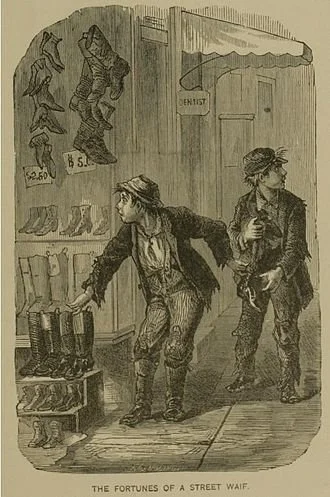![Comments on Recent Cases: January 2026]()
It is important for defendants in litigation to promptly respond to a complaint. If they do not, a plaintiff may obtain a default judgment against them. But courts still apply strict rules to plaintiffs seeking default judgments.
Read More
![An Update on Making a Document Production]()
Lawyers need to make sure any potential documents are coded for privilege and redacted, even if the documents are not considered responsive to a document request. This is because a non-responsive document may be produced anyway if it is the family member of—attached to or embedded in—another document that is responsive to a request and thus subject to production.
Read More
![Replevin Claims]()
A plaintiff may not want to wait until the end of a lawsuit to get her property out of the hands of the defendant. Lawsuits could take years. And the defendant, who must not be a good person if she stole the plaintiff’s property, may take bad care of it, destroy it, get rid of it, or hide it.
Read More
![Litigation in Liechtenstein]()
Liechtenstein has enforcement agreements only with Austria and Switzerland, except in arbitration matters where it has joined an international enforcement convention. In civil proceedings without arbitration, it may therefore be necessary to re-litigate the case entirely in Liechtenstein.
Read More
![Comments on Recent Cases: December 2025]()
To prevail in litigation, it is not enough that someone did something wrong. A plaintiff needs to sue the correct defendant, usually the one responsible for the wrongful action. Sometimes, however, plaintiffs sue someone who did not do the wrong thing, and claim this defendant “aided and abetted” the wrongful actor.
Read More
![An Update on Employment Discrimination and Harassment Claims]()
When determining whether to settle, it can be difficult for employees and employers to calculate an appropriate amount for the employer to pay. Unlike a contract dispute, where an agreement can set forth an amount due, there is no natural number that can compensate an employee for discrimination.
Read More
![More Thoughts on Responding to Document Requests]()
Often, parties will make compromises in discovery to avoid the expense and uncertainty of going to court. For example, if a party believes it is entitled to all of a company’s financial records and the recipient believes it is entitled to none, the two may compromise and the recipient may agree to produce some specific financial records.
Read More
![International Arbitration]()
There are a few cases of procedures for the independent production of evidence to be used in a forthcoming arbitration, which are not usual in a civil law jurisdiction. Documentary evidence is filed in the case docket. In case the tribunal grants document production, depending on what's produced, it's for the tribunal's eyes only, it's blackmarked, or it’s filed for all access.
Read More
![Comments on Recent Cases: November 2025]()
When parties agree to arbitration instead of litigation, courts will defer to an arbitrator to make most of the rulings in a case. And while an arbitrator may decide whether the case before her is the kind of case the parties agreed to arbitrate, a court may still decide if any valid arbitration agreement exists.
Read More
![More Thoughts on Drafting Interrogatories]()
Interrogatories may also be useful to define what an adversary’s claims or defenses are. To that end, a party may ask an opponent to identify each fact that supports its claims or each instance of misconduct that it alleges. Although a party may be able to ask the same questions to a party at a deposition, an interrogatory is more likely to get a useful response and less likely to get an “I don’t know offhand” or some other incomplete answer.
Read More
![More Thoughts on the Enforcement of Judgments]()
If a defendant does not voluntarily pay a judgment, the plaintiff must find assets that belong to the defendant and collect them. This process may be easy for some defendants if they have well-known assets or if details about their bank accounts were shared in discovery. But for others, plaintiffs may need to hire an investigator or use public records (like property records or vehicle registrations) to find assets.
Read More
![Trade Secret Disputes]()
One problem in trade secret cases is that plaintiffs want to keep trade secrets a secret, but court filings are public documents. And so plaintiffs have to weigh the publicity from a lawsuit against the need to enforce their trade secret protections.
Read More











